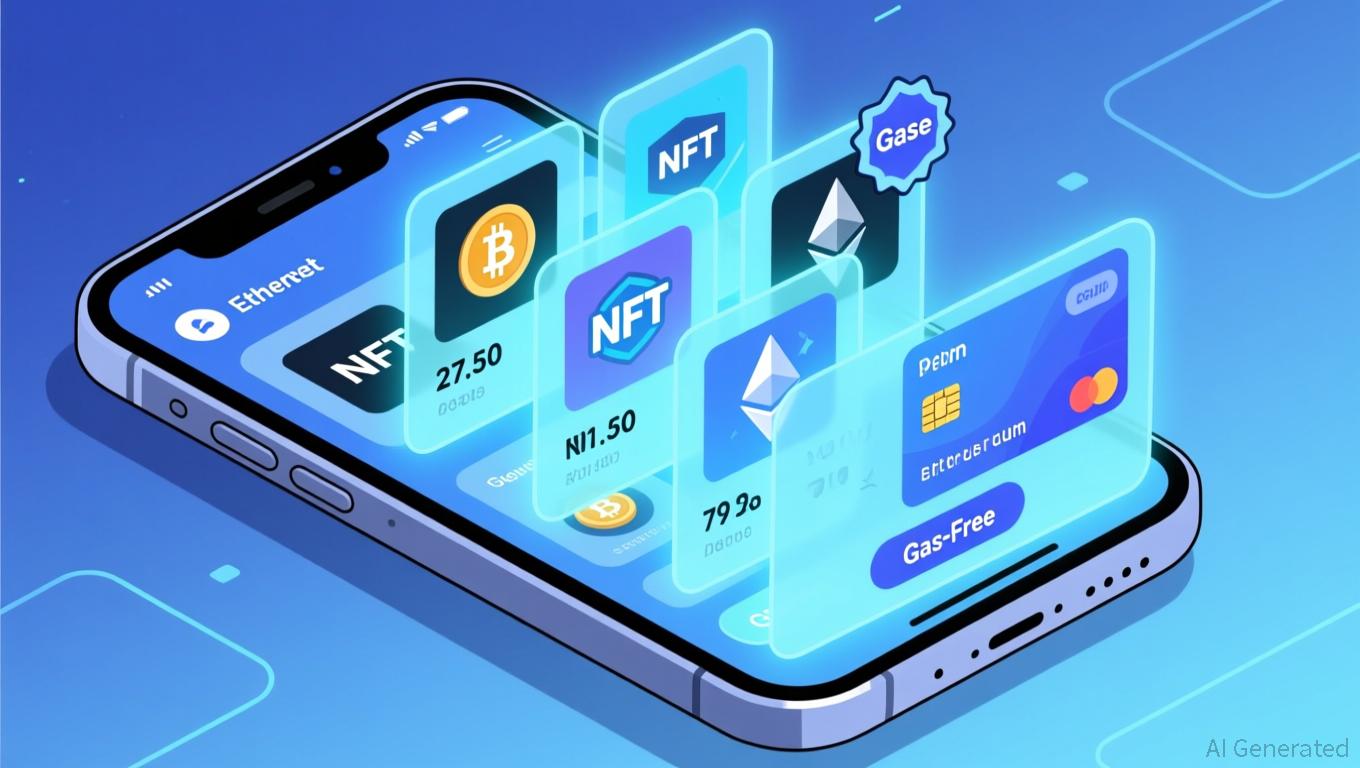Hyperliquid News Update: Significant Leverage, Limited Liquidity: POPCAT's $5 Million DeFi Breach
- Hyperliquid suffered a $4.9M loss after a trader manipulated Solana-based memecoin POPCAT through leveraged long positions and a sudden price crash. - The attacker used $3M in USDC from OKX to create a $20–30M leveraged position, inflating POPCAT’s price before triggering cascading liquidations. - Hyperliquid paused its Arbitrum bridge to stabilize the platform, highlighting vulnerabilities in DeFi’s automated liquidation systems and low-liquidity markets. - Experts warn such attacks expose DeFi risks, u
Hyperliquid, a prominent decentralized derivatives platform, suffered a $4.9 million loss after a trader orchestrated a deliberate manipulation involving the Solana-based
The perpetrator withdrew $3 million in

This marks the third significant exploit Hyperliquid has faced in 2025, following a comparable attack on the memecoin JELLYJELLY in March, which left the HLP with $12 million in unrealized losses. Critics say the platform’s dependence on community-managed liquidity pools makes it susceptible to manipulation in illiquid markets.
Following the incident, POPCAT’s price plunged 43%, falling from $0.21 to $0.12, and total liquidations on Hyperliquid soared to $63 million.
Industry experts caution that incidents like this highlight the instability of leveraged trading in DeFi. "When traders exploit liquidity gaps, the HLP, designed as a safeguard, ends up bearing the losses," one market participant commented. The event has led to renewed calls for enhanced risk controls and stricter leverage restrictions, especially for volatile assets such as memecoins
Hyperliquid has yet to announce when normal operations will resume, but the platform’s administrators stressed that the blockchain itself was not compromised. This incident underscores that even decentralized systems can be vulnerable to sophisticated manipulation, particularly when high leverage is combined with low liquidity
Disclaimer: The content of this article solely reflects the author's opinion and does not represent the platform in any capacity. This article is not intended to serve as a reference for making investment decisions.
You may also like
Zero-Knowledge Startup Secures $9M Funding, Introduces Gamified Verification to Bridge Privacy and Compliance
- Zero-knowledge identity protocol Self raised $9M in seed funding led by Greenfield Capital and SoftBank's fund, alongside angel investors like Casey Neistat and Polygon's Sandeep Nailwal. - The startup launched a points program incentivizing on-chain identity verification using ZKPs and verifiable credentials, partnering with Google , Aave , and Velodrome to bridge privacy-compliance gaps. - By enabling biometric passport verification and Aadhaar integration without exposing sensitive data, Self aims to
Gavin Wood Supports Acurast’s Decentralized Computing Revolution Driven by Smartphones
- Acurast, a smartphone-based decentralized computing project, secured $11M in funding led by Ethereum co-founder Gavin Wood and others. - The platform launched its mainnet on November 17, aiming to transform 150,000 smartphones into secure compute nodes for confidential tasks. - By leveraging hardware-backed security and eliminating intermediaries, Acurast challenges traditional data centers while addressing privacy and environmental concerns. - Despite scalability challenges, the project's 494 million pr

Crypto wallets are transforming into comprehensive platforms, connecting Web3 with traditional financial services
- D'CENT Wallet's v8.1.0 update enables multi-wallet management for up to 100 accounts, streamlining digital asset handling across investment, NFTs, and events. - Competitors like Exodus and Blaqclouds advance crypto adoption through features like Mastercard-linked debit cards and decentralized identity systems with biometric security. - Innovations such as fee-free transactions (D'CENT GasPass) and on-chain identity management (.zeus domains) highlight industry focus on accessibility and security for main

Grayscale's Public Listing: Advancing Crypto Adoption as Regulations Vary Worldwide
- Grayscale files U.S. IPO via S-1, joining crypto firms like Circle and Bullish in public markets. - IPO details remain undetermined, contingent on SEC review and market conditions. - Japan's TSE tightens crypto listing rules amid volatile "crypto hoarding" stock collapses. - U.S. regulators advance crypto rulemaking post-shutdown, potentially accelerating Grayscale's approval. - Grayscale's IPO highlights crypto's institutional push amid global regulatory divergence.
